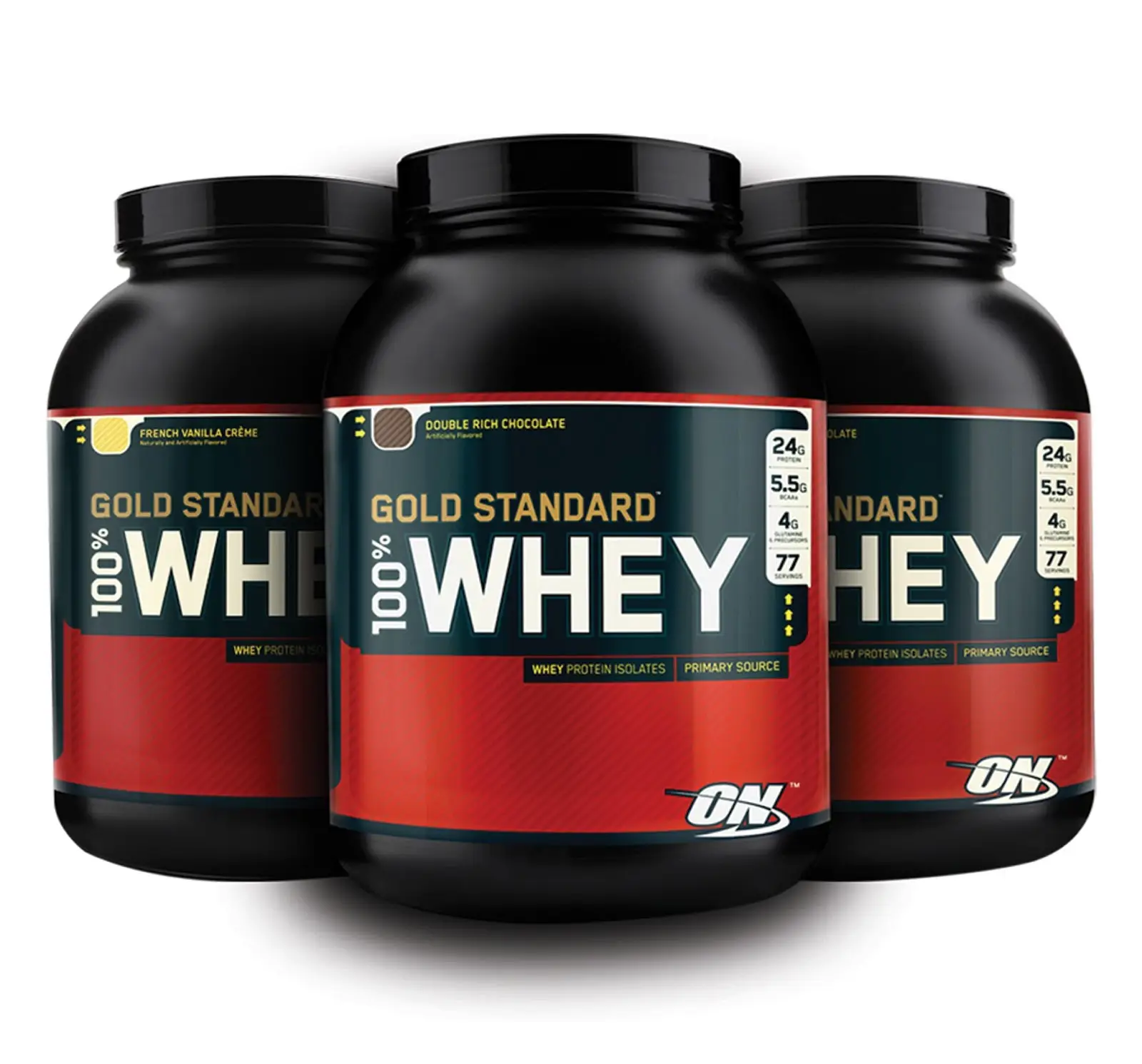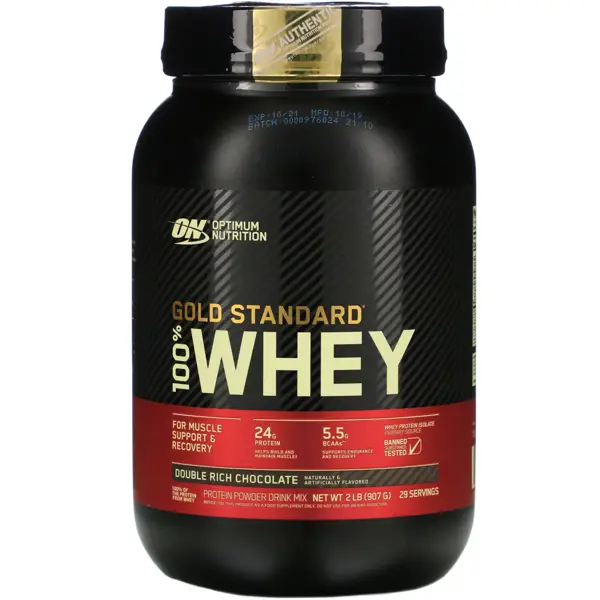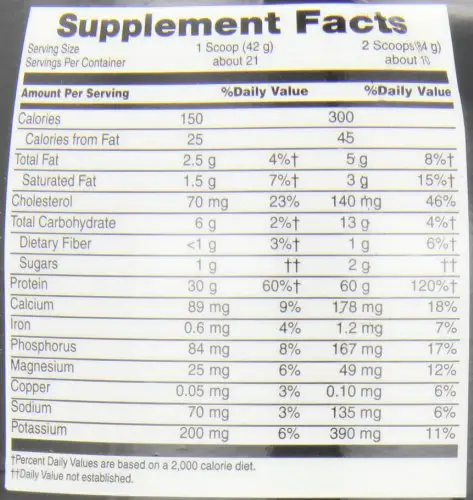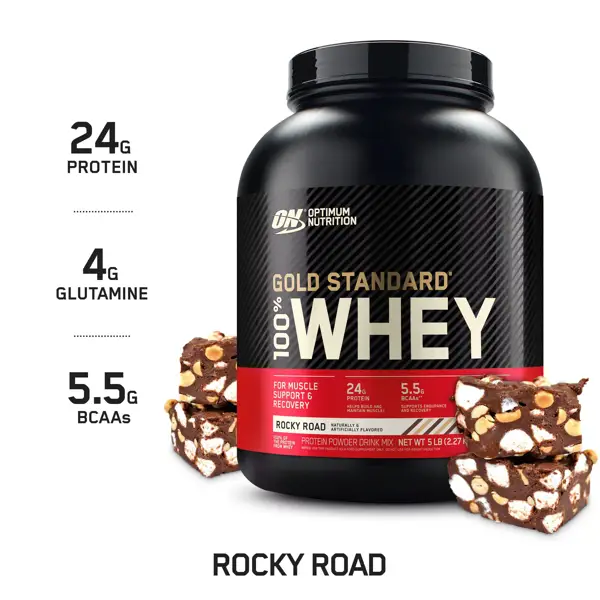Table of Contents:
- What is Protein Powder?
- What is Whey Protein?
- Key Differences Between Protein Powder and Whey Protein
- Benefits of Protein Powder
- Benefits of Whey Protein
- Key Takeaways
- FAQs
What is Protein Powder?
Protein powder is a powdered form of protein that can be derived from various sources such as whey, casein, soy, or pea. It is commonly used by athletes and fitness enthusiasts to supplement their protein intake and aid muscle recovery.
What is Whey Protein?
Whey protein is a type of protein powder that is derived from whey, which is the liquid left behind after milk has been curdled and strained. It is a complete protein source and is rich in essential amino acids.
Whey protein is a high-quality protein derived from cow's milk during the cheese-making process. It is a complete protein, meaning it contains all essential amino acids that the body needs.
Whey protein is commonly used as a dietary supplement to support muscle growth, recovery, and overall health. It is often consumed in the form of protein powder, which can be added to shakes, smoothies, or baked goods.
While whey protein is a type of protein powder, not all protein powders are made from whey. There are various types of protein powders available on the market, such as soy, casein, and pea protein.
So, to answer the question - no, protein powder and whey protein are not the same, but whey protein is a type of protein powder that offers unique benefits for muscle building and recovery.

Key Differences Between Protein Powder and Whey Protein
- Protein powder can be made from various sources, while whey protein specifically comes from whey.
- Whey protein is a complete protein source, meaning it contains all essential amino acids.
- Protein powder may contain additives and fillers, while whey protein is a more pure form of protein.
- Whey protein is quickly absorbed by the body, making it ideal for post-workout recovery.
Benefits of Protein Powder
Protein powder can help support muscle growth, aid in weight loss, and provide a convenient way to increase protein intake for those with busy lifestyles.
When it comes to fitness and nutrition, protein plays a vital role in muscle building and recovery. Protein powders are popular supplements that are often used by athletes and fitness enthusiasts to meet their daily protein requirements. However, there are key differences between protein powder and whey protein.
Protein powder is a general term used to describe any supplement that contains protein. It can be derived from various sources such as whey, casein, soy, or pea protein. On the other hand, whey protein is a specific type of protein powder that is extracted from milk during the cheese-making process.
One of the main differences between protein powder and whey protein is their protein content. Whey protein is known for its high protein content and complete amino acid profile, making it an ideal choice for muscle growth and repair. Other protein powders may not contain as much protein or have an incomplete amino acid profile.
Additionally, whey protein is quickly absorbed by the body, making it a great post-workout supplement for fast muscle recovery. Other protein powders may have a slower digestion rate, which can be beneficial for sustained energy levels throughout the day.
In conclusion, while collagen protein powder same whey protein are sources of protein, whey protein is a specific type of protein powder with higher protein content and faster absorption rate. Depending on your fitness goals and dietary preferences, choosing the right protein supplement can make a significant difference in your overall performance and results.

Benefits of Whey Protein
Whey protein is known for its fast absorption rate, making it an ideal choice for post-workout recovery. It can also help improve muscle protein synthesis and promote muscle growth.
Whey protein is a popular dietary supplement that is derived from milk during the cheese-making process. It is often used by athletes and fitness enthusiasts to increase muscle mass, improve athletic performance, and aid in weight loss. While protein powder can come in many forms, whey protein is specifically known for its high quality and bioavailability.
Benefits of Whey Protein:
- Builds Muscle Mass: Whey protein is rich in essential amino acids that are necessary for muscle growth and repair. Consuming whey protein after a workout can help increase muscle protein synthesis and promote muscle recovery.
- Boosts Immune System: Whey protein contains immunoglobulins and lactoferrin, which can help strengthen the immune system and protect against infections.
- Assists in Weight Loss: Whey protein can help increase feelings of fullness and reduce appetite, leading to fewer calorie intake and weight loss.
- Supports Overall Health: Whey protein is a rich source of nutrients such as calcium, B vitamins, and magnesium, which can help support overall health and well-being.
While protein powder can refer to a variety of protein supplements, whey protein is specifically derived from milk and is considered one of the best sources of protein for muscle building and weight loss. So, is protein powder the same as whey protein? The answer is no. Whey protein is a specific type of protein powder that has unique benefits and properties that make it ideal for individuals looking to improve their fitness and health.

Key Takeaways
- Protein powder and whey protein are not the same, as whey protein is a type of protein powder derived specifically from whey.
- Whey protein is a complete protein source, while other protein powders may vary in their amino acid profiles.
- Both protein powder and whey protein can offer benefits for muscle growth and recovery when used as part of a balanced diet and exercise routine.
FAQs
Q: Is whey protein better than other types of protein powder?
A: It depends on your individual fitness goals and dietary needs. Whey protein is a popular choice due to its fast absorption rate and complete amino acid profile.
Q: Can protein powder be used as a meal replacement?
A: While protein powder can help supplement your protein intake, it should not be used as a complete meal replacement. It is best used in conjunction with a balanced diet.



Recent Comments